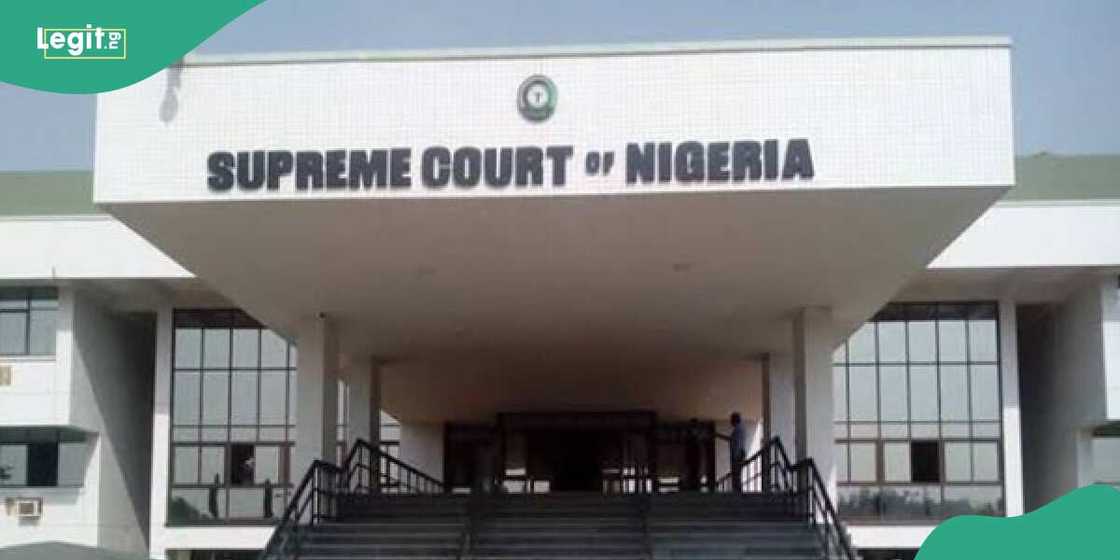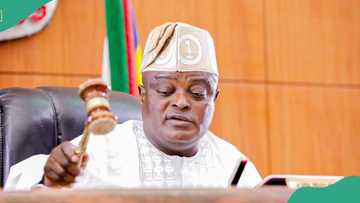LG Autonomy: 6 Key Takeaways from Supreme Court’s Ruling
- The Supreme Court gave its verdict on the suit filed by the federal government seeking autonomy for the 774 local government areas in the country
- The apex court ruled that dissolving democratically elected LG councils would amount to a breach of the 1999 constitution
- Justice Emmanuel Agim also ordered that funds be paid directly to the accounts of local government areas
Legit.ng journalist Adekunle Dada has over 5 years of experience covering metro and government policy
FCT, Abuja - The Supreme Court delivered its judgement on the autonomy of local government administration in Nigeria.
Justice Emmanuel Agim ordered that the federal government must directly pay the allocation of local governments to LG democratically elected officials.

Source: UGC
The apex court ruled that it is unconstitutional for state governments to withhold and utilize the allocation meant for the LGAs
PAY ATTENTION: Share your outstanding story with our editors! Please reach us through info@corp.legit.ng!
This article focuses on the six important key points of the Supreme Court’s ruling, as reported by The Nation.
LG autonomy: 6 things to know about Supreme Court’s ruling
1. It is illegal and unconstitutional for governors to continue receiving and seizing funds allocated to LGAs.
2. The practice of governors receiving and seizing LGA funds violates Section 162 of the 1999 Constitution, as amended.
3. The LGAs will receive their allocation directly from the federation account.
4. The 774 LGAs must be governed by democratically elected officials, not caretaker committees
5. The 36 state governors are obligated to ensure democratic governance at the LGA level
6. The preliminary objections filed by state governors were dismissed for challenging the suit filed by the Federal Government.
Legit.ng recalls that in a landmark judgement, the Supreme Court of Nigeria barred governors from dissolving democratically elected Local Government (LG) councils in the country.
Jonathan: LGA councils deserve full autonomy
In a related development, Legit.ng reported that former president Goodluck Jonathan also declared his readiness to fight for full autonomy for the local councils in 2012.
Jonathan said no meaningful development could be achieved in the country if the councils were not vibrant and not allowed to function.
He said since the councils were the closest tier of government to the people, the rising wave of insecurity in the country would have been reduced if they were functioning well.
Proofread by Kola Muhammed, journalist and copyeditor at Legit.ng
PAY ATTENTION: Donate to Legit Charity on Patreon. Your support matters!
Source: Legit.ng




